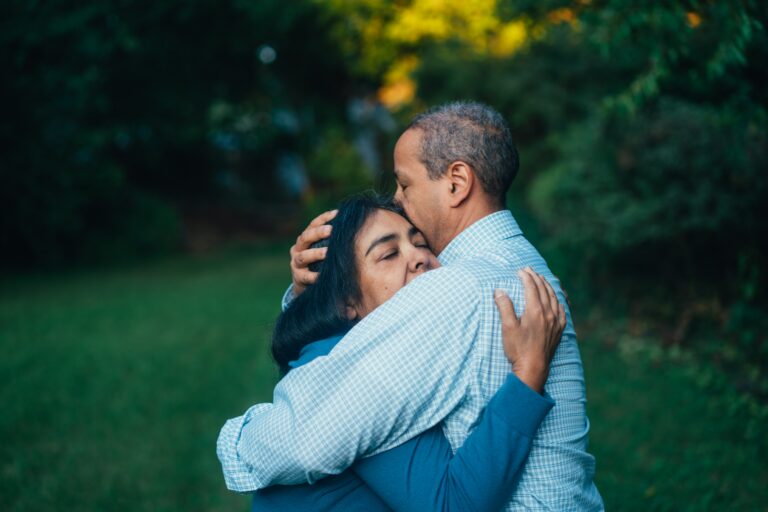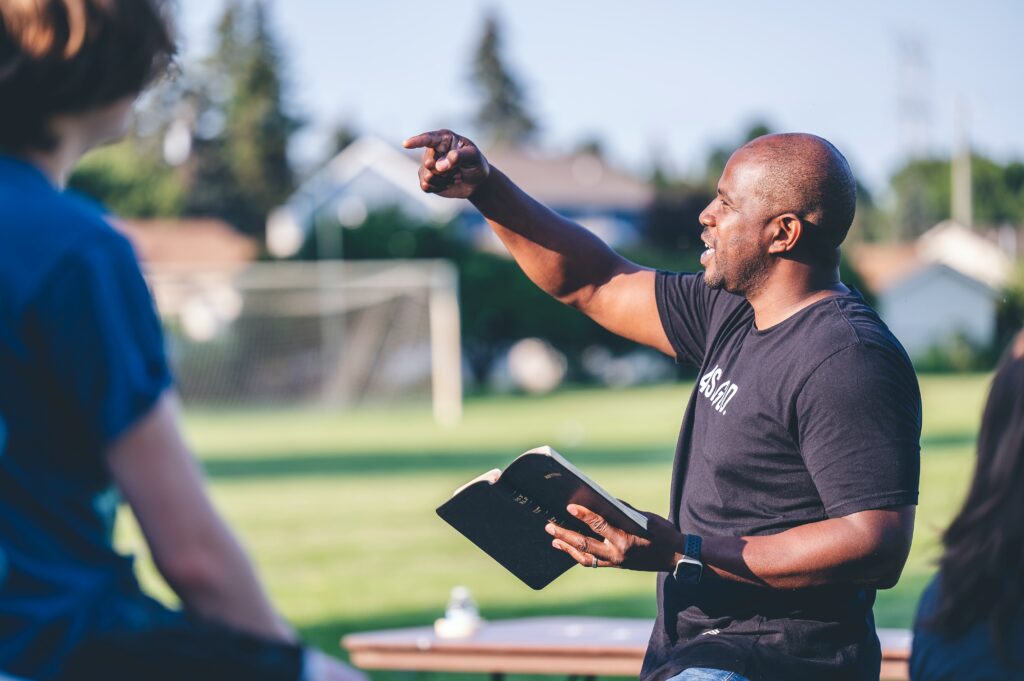During the lockdown, it seemed like everyone was online. New social media platforms such as House Party and Clubhouse quickly rose in popularity, as many saw these new apps as an opportunity to discuss and debate important topics. Christians quickly saw these platforms as opportunities to engage with friends and strangers on various issues that were prominent within the Church. However, what often began as fun debates eventually descended into slander and in-fighting. Nowadays, there don’t appear to be as many online debates, perhaps many were discouraged by the way covenant brothers and sisters were speaking to one another. Is there a way to disagree well, without losing your convictions?
Passion or Rude?
Anyone who knows me, knows I love to debate. I love engaging with various ideas. I love engaging with people who are passionate about the ideas that they believe in, whether I agree with them or not. However, it can be difficult to determine whether someone is passionate or rude. The style which people utilise in a debate can make it even more difficult to determine. Some debate loudly, others quietly. Some are confrontational in their approach; others are more reserved. The style in which one chooses to engage in a debate isn’t always indicative of whether they are displaying the respect that one should. Instead, we must work hard to distinguish between passion and rudeness. Here are some things to consider:
Debate With Love
1. 1 Corinthians 13:7 says “[Love] bears all things, believes all things, hopes all things, endures all things”. It is un-Christlike to immediately jump to the worst possible conclusion when engaging in debate. When you debate or discuss with friends or strangers, do you immediately assume the worst about their intentions?
2. An adage goes “People are equal, ideas are not”. When engaging in discussion or debate do you or the person, you’re debating with attack the person or the idea? Every human is made in the image of God (Genesis 1:27; 9:6). What you say of people may be indicative of what you think about God and out of the abundance of the heart the mouth speaks, or debates (Matthew 12:34)
3. Finally, you are not your ideas. I think this point might be the most important to consider. Some topics are more volatile than others and engaging in certain debates does require much wisdom and discretion. When engaging in any topic it is vital to remember ideas are not people. Godly people can hold ungodly ideas. These ideas need to be challenged. But we must be sober enough that we can be the ones challenged too. When we are, how we respond is very telling. Do we hold our ideas more closely than we ought to?

Slow to Speak
Whilst many suggestions can be given to assist us in arguing better, I think one instruction from scripture can be the guiding principle that encapsulates all I’ve stated – be slow to speak (James 1:19). When engaging in a debate, especially one you’re knowledgeable about it, it can be easy to become overbearing and rude. But we can combat this by just slowing down. No matter how wrong your opponent is, whilst they may be your enemy; they are always your neighbour. Jesus calls us to love our neighbours always (Matthew 22:38-39). Let’s have this in mind when we next debate and we will be sure to disagree well.

















